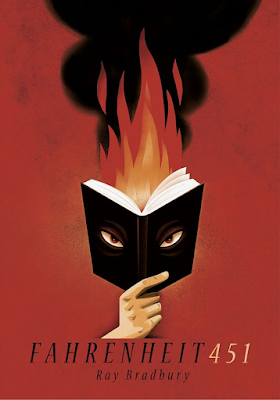8 Classical Books Everyone Should Read At Least Once
Pride and Prejudice
Author: Jane Austen
A psychological novel, the central place in which is occupied by an ordinary English family with a small income: the Bennets and their five daughters. The author assigns the main place in the novel to the two eldest daughters of the family ‒ Jane and Elizabeth. They are nice, smart, and correctly assess their position in society. Witty but also a meaningful story about the profound philosophies that still exist in society will make you experience different emotions.
The Picture of Dorian Gray
Author: Oscar Wilde
Wilde's most successful work, filmed in different countries of the world more than 30 times. The book tells about a young and beautiful guy Dorian who absolutely does not want to grow old. One day, a talented artist Basil Hallward paints an incredibly beautiful portrait of the young man after looking at which Dorian Gray expresses a desire to sell his soul to ensure that the picture rather than he will age and fade.
1984
Author: George Orwell
“Nineteen Eighty-Four” is a profound, terrifying and wholly fascinating book. A dystopian social science fiction novel which follows the life of Winston Smith, a low ranking member of ‘the Party’, who is frustrated by the omnipresent eyes of the party and its ominous ruler Big Brother. Big Brother is always watching your actions. He even controls everyone’s feelings of love, to live and to discover. The basic plot of this historic novel revolves around the concept that no person has freedom to live life on his or her own terms.
Crime and Punishment
A socio-psychological and socio-philosophical novel follows the mental anguish and moral dilemmas of Rodion Raskolnikov, an impoverished ex-student in Saint Petersburg who plans to kill an unscrupulous pawnbroker, an old woman who stores money and valuable objects in her flat.The novel deals with the effects of a guilty conscience on the heart of a young boy, and it talks about insanity, the wild endeavours that one might take on in youth. It also talks about the social and political disparity that prevents the poor from rising and changing the class they were born into.
Fahrenheit 451
Author: Ray Bradbury
A dystopian novel presents an American society where books have been personified and outlawed and "firemen" burn any that are found. The novel follows Guy Montag, a fireman who becomes disillusioned with his role of censoring literature and destroying knowledge, eventually quitting his job and committing himself to the preservation of literary and cultural writings.
The Great Gatsby
Set in the Jazz Age on Long Island, near New York City, the novel depicts first narrator Nick Carraway's interactions with mysterious millionaire Jay Gatsby and Gatsby's obsession to reunite with his former lover, Daisy Buchanan. Every character in The Great Gatsby draws inspiration from the American Dream’s promise of wealth and prosperity. At the same time, the novel itself critiques the notion of the American Dream.
The Book Thief
Author: Markus Zusak
The extraordinary, beloved novel about the ability of books to feed the soul even in the darkest of times.
When Death has a story to tell, you listen.
Liesel Meminger is a foster girl living outside of Munich, who scratches out a meager existence for herself by stealing when she encounters something she can’t resist–books. With the help of her accordion-playing foster father, she learns to read and shares her stolen books with her neighbors during bombing raids as well as with the Jewish man hidden in her basement.
To Kill a Mockingbird
Author: Harper Lee
The book is about Atticus Finch, who appears as an unconventional hero and role model due to his morality rather than his physical capabilities. The theme of morals is apparent throughout the whole novel, especially in relation to religion and perception of sin. To Kill a Mockingbird focuses on that gut instinct of right and wrong, and distinguishes it from just following the law. Even the titular quote: "Shoot all the blue jays you want, if you can hit 'em, but remember it's a sin to kill a mockingbird" is in itself an allegory for this message.








Comments
Post a Comment